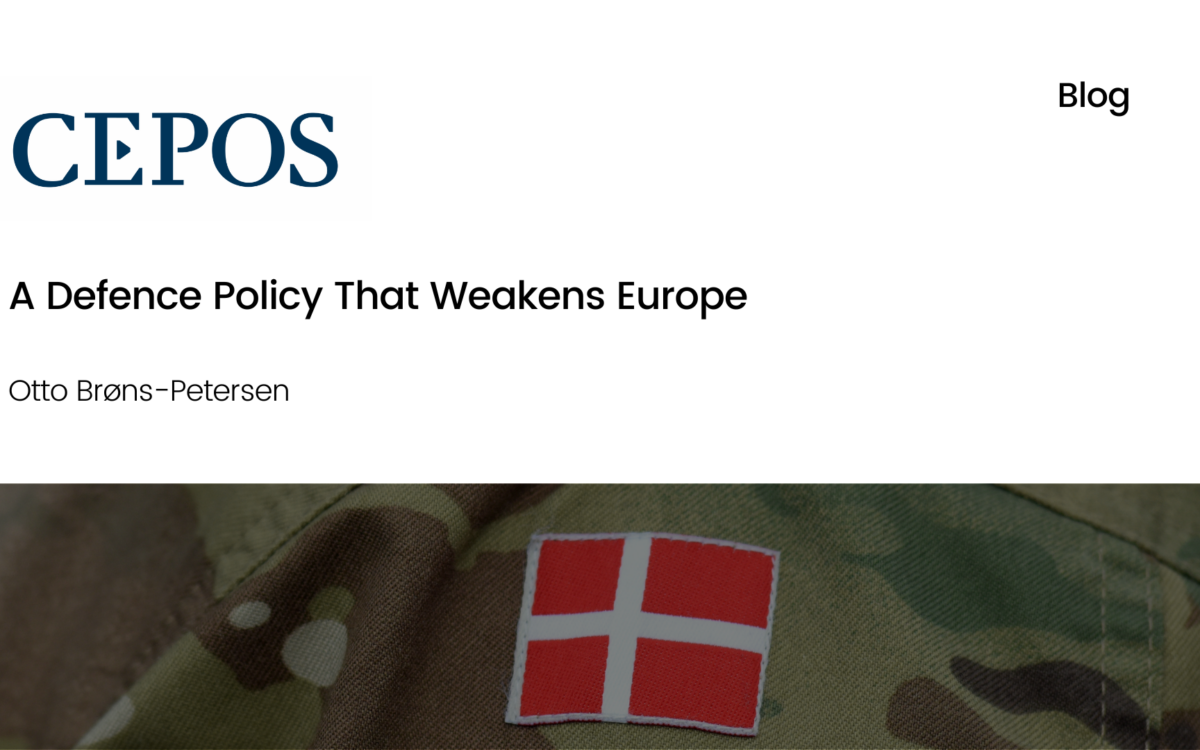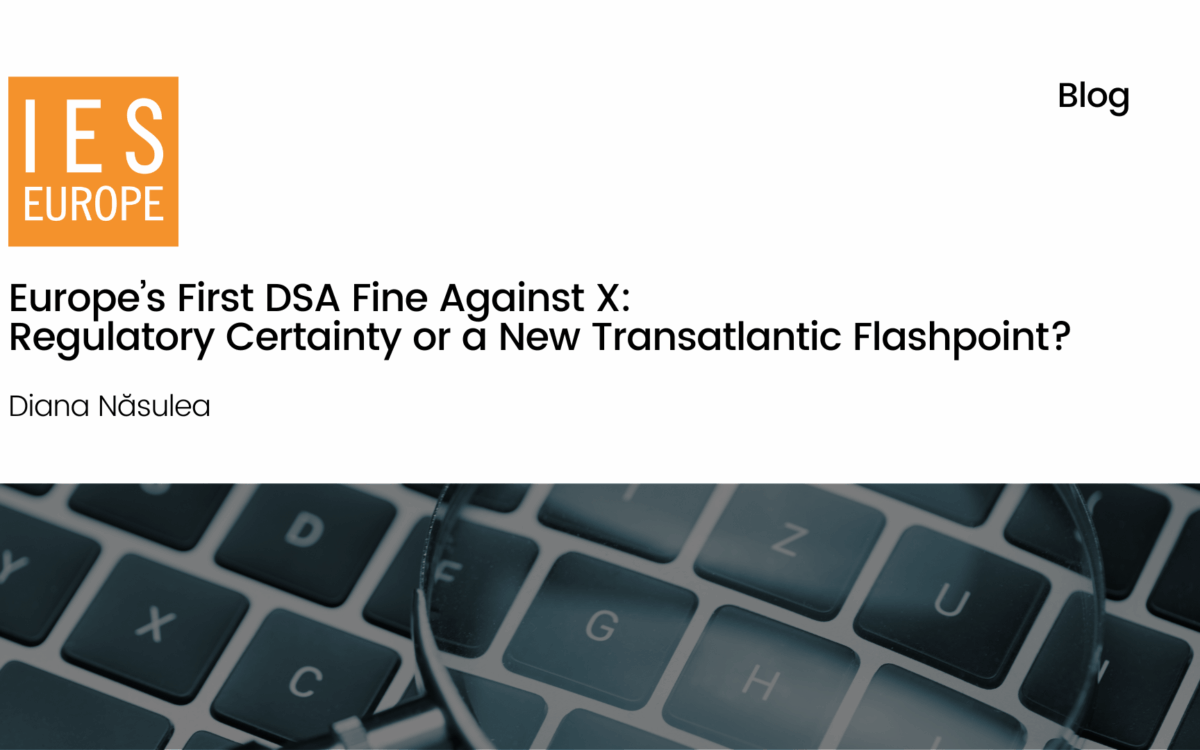Carbon Taxes, Not Magic Bullets

Carbon Taxes, Not Magic Bullets
Bruno Prior // 1 October 2025
Observers of energy policy often assume that national success must be explained by some favoured technology. Nuclear enthusiasts insist that cheap power requires reactors. Hydro advocates point to dams. Wind and solar partisans proclaim that their chosen renewables hold the key. Yet the evidence from Europe’s electricity markets suggests otherwise.
Look at Scandinavia. Norway, Sweden, Finland and Denmark enjoy some of the lowest industrial electricity prices in Europe. So, too, do Portugal and even Malta. And yet their generation mixes could hardly be more different.
- Nuclear? Finland produces about 40% from nuclear; Denmark produces none.
- Hydro? Norway runs on 89% hydro; Denmark has none.
- Wind? Denmark reaches 57%; Norway just 9%.
- Solar? Denmark gets 13%; Norway zero.
- Biomass? Denmark manages 15%; Norway none.
- Gas? Malta 85%; Sweden less than 1%.
Plainly, no single technology explains low electricity prices.
What the Scandinavian countries do share, however, is something less glamorous: they introduced carbon taxes decades ago. And not the elaborate pseudo-markets of emissions trading schemes, but straightforward Pigouvian carbon taxes.
This was not supposed to happen. Policymakers, consultants, and would-be industrial strategists insisted that carbon taxation was politically impossible and economically ruinous. Instead, governments should “pick winners,” subsidising chosen technologies until they became cheap enough to dominate. Germany and the UK were world-leaders of that approach, showering subsidies on favoured technologies in hopes of producing world-beating industries.
Although most economists recognise that a suitably-designed carbon tax is the preferable economic tool to address climate change, many economists lent intellectual cover to the “winner picking” approach. They claimed that since the “first best” of a carbon tax was politically out of reach, the “second best” of industrial strategy must be improved as far as possible. Yet the great economists are remembered precisely because they resisted this temptation: they described the world as it is, leaving triangulation to politicians.
And here we are. The results are plain. Where governments imposed a credible, technology-neutral carbon tax, investors had every reason to select the most competitive options for local conditions. The market discovered, country by country, what worked. Where governments insisted on steering investment through subsidies, the result has been rampant economic rent, regime uncertainty, white elephants, expensive energy, and industries that struggle to compete abroad without continued subsidy.
The lesson could not be clearer. Affordable energy is not primarily a technological problem but an institutional one. Governments need to stop trying to steer markets and instead set the right framework: let markets meet demand cost-effectively, and if there are genuine social costs, internalise them through a Pigouvian tax—provided the transaction costs are lower than the benefits.
This is not a new insight. It was well understood by the late 1980s, articulated by economists such as David Pearce. Yet in the decades since, most academic and policy development has moved backwards, not forwards.
We will not repair the damage inflicted on our economies until we abandon faith in “magic bullet” technologies, reject the rent-seekers who promote them, and return to the basic economic principles that actually work.
This blog post was first published by the Institute of Economic Afffairs.
Bruno Prior is a trustee at the Institute of Economic Afffairs and Director of Summerleaze Ltd.
EPICENTER publications and contributions from our member think tanks are designed to promote the discussion of economic issues and the role of markets in solving economic and social problems. As with all EPICENTER publications, the views expressed here are those of the author and not EPICENTER or its member think tanks (which have no corporate view).



